Indications:
● Depression: Effective in alleviating symptoms of depression, including major depressive disorder.
● Social Anxiety Disorder (SAD): Used to reduce anxiety and fear associated with social interactions or performance situations.
Patient Guidelines
● For patients prescribed Moclobemide, adherence to the following guidelines is important to maximize therapeutic outcomes and ensure safety:
● Maintain consistency with the prescribed dosage and treatment schedule, refraining from any alterations unless advised by a healthcare professional.
● Be aware of and promptly report any adverse reactions to your healthcare provider.
● Take precautions when consuming foods high in tyramine (less stringent than other MAOIs, but caution is advised).
● To avoid potential drug interactions, provide a comprehensive list of all other medications and supplements being taken to the healthcare provider.
● Be watchful for signs of serotonin syndrome, a rare but serious condition, especially when Moclobemide is combined with other serotonergic drugs.
Administration Details
● Formulation: Available in oral tablet form.
● Dosage: Dosage and administration are determined based on the severity of the condition being treated, patient response, and tolerability. Typically, the starting dose is lower, which may be gradually increased. For depression, dosages range from 300 mg to 600 mg per day, divided into two doses.
Safety Precautions
● Pregnancy and Lactation: The safety of Moclobemide during pregnancy and breastfeeding is not well established. It should only be used when needed and after a risk-benefit analysis by a healthcare provider.
● Allergic Reactions: If symptoms of an allergic reaction, such as rash, itching/swelling, severe dizziness, or trouble breathing, occur, immediate medical attention should be sought.
Drug Interactions
Moclobemide requires careful management to avoid interactions with:
● Other antidepressants: Particularly SSRIs, to prevent serotonin syndrome.
● Sympathomimetic drugs (including common cold medications and nasal decongestants): May lead to hypertensive reactions.
● Tyramine-rich foods: While less restrictive than non-selective MAOIs, consuming large amounts of tyramine-containing foods can increase blood pressure.
|

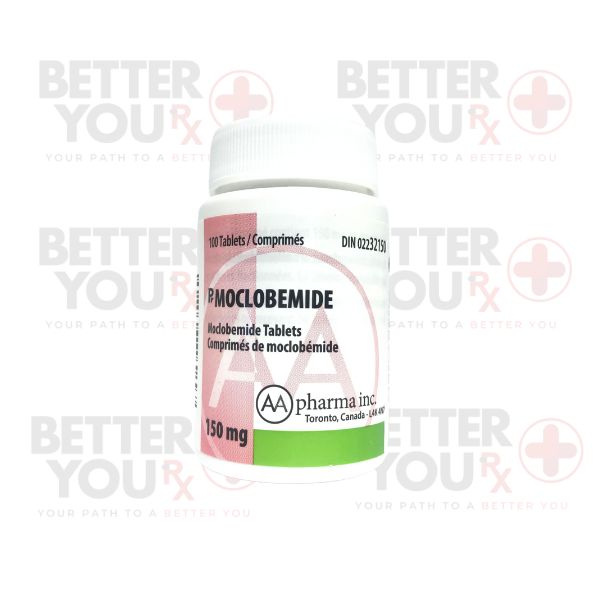
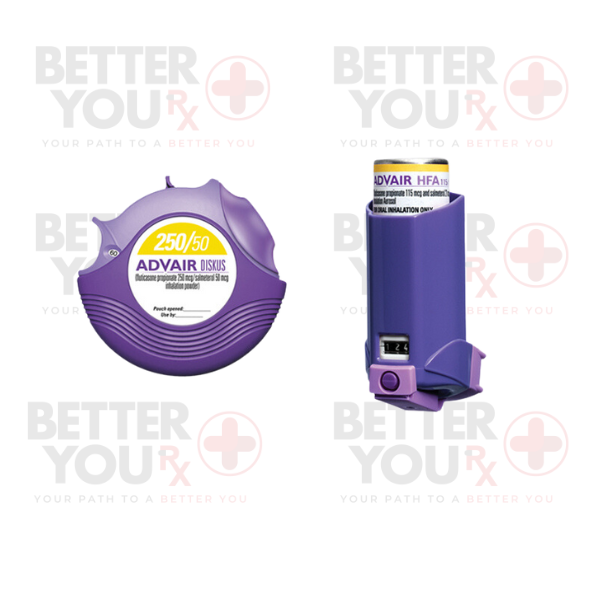
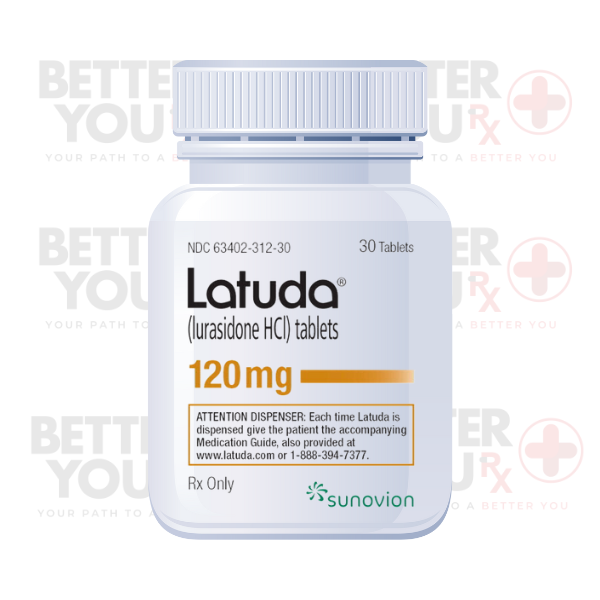
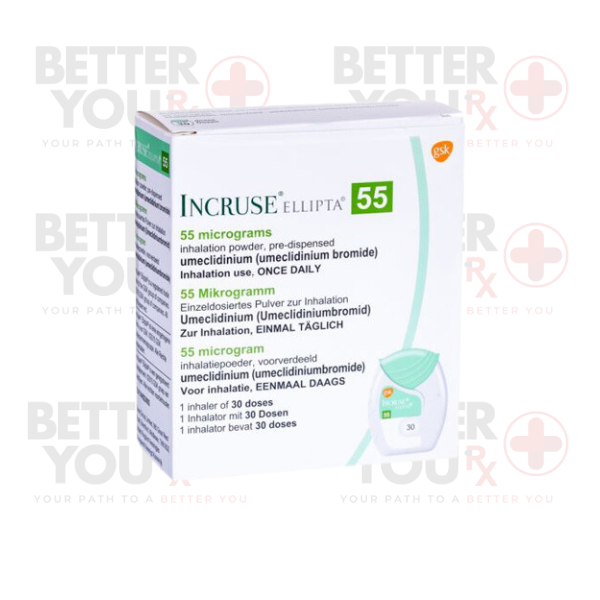

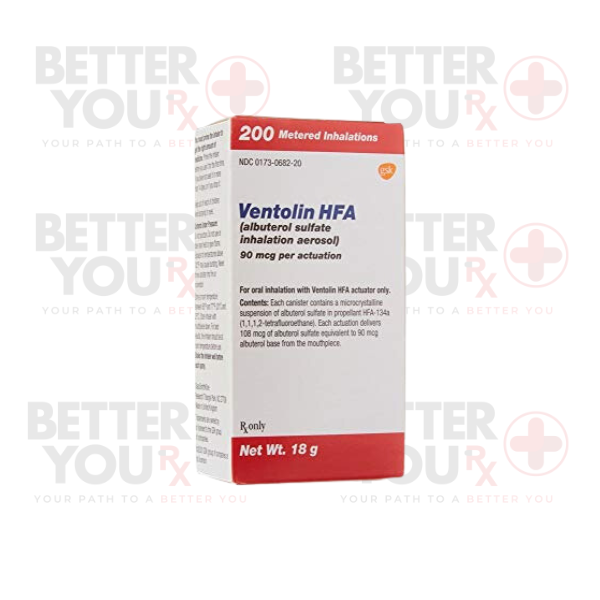
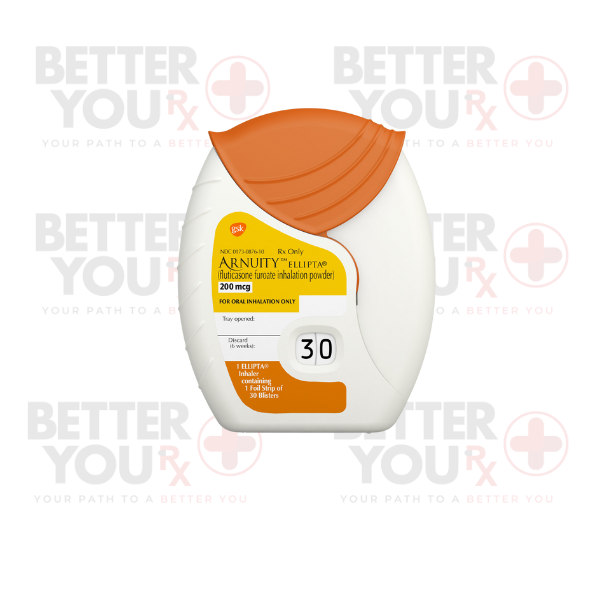

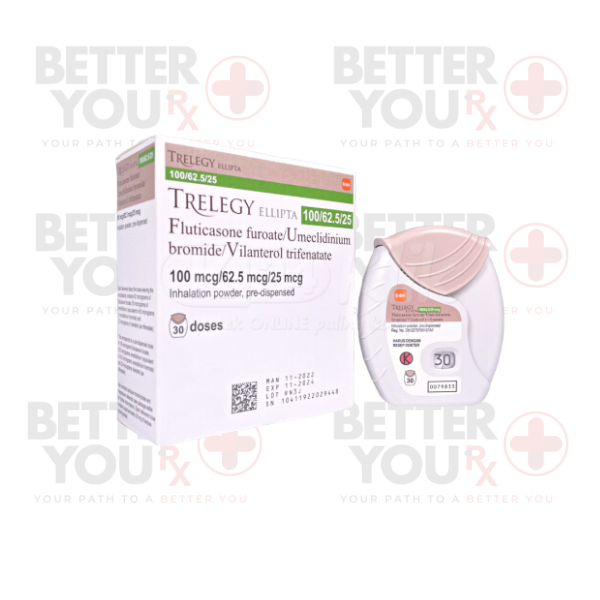
Reviews
There are no reviews yet.